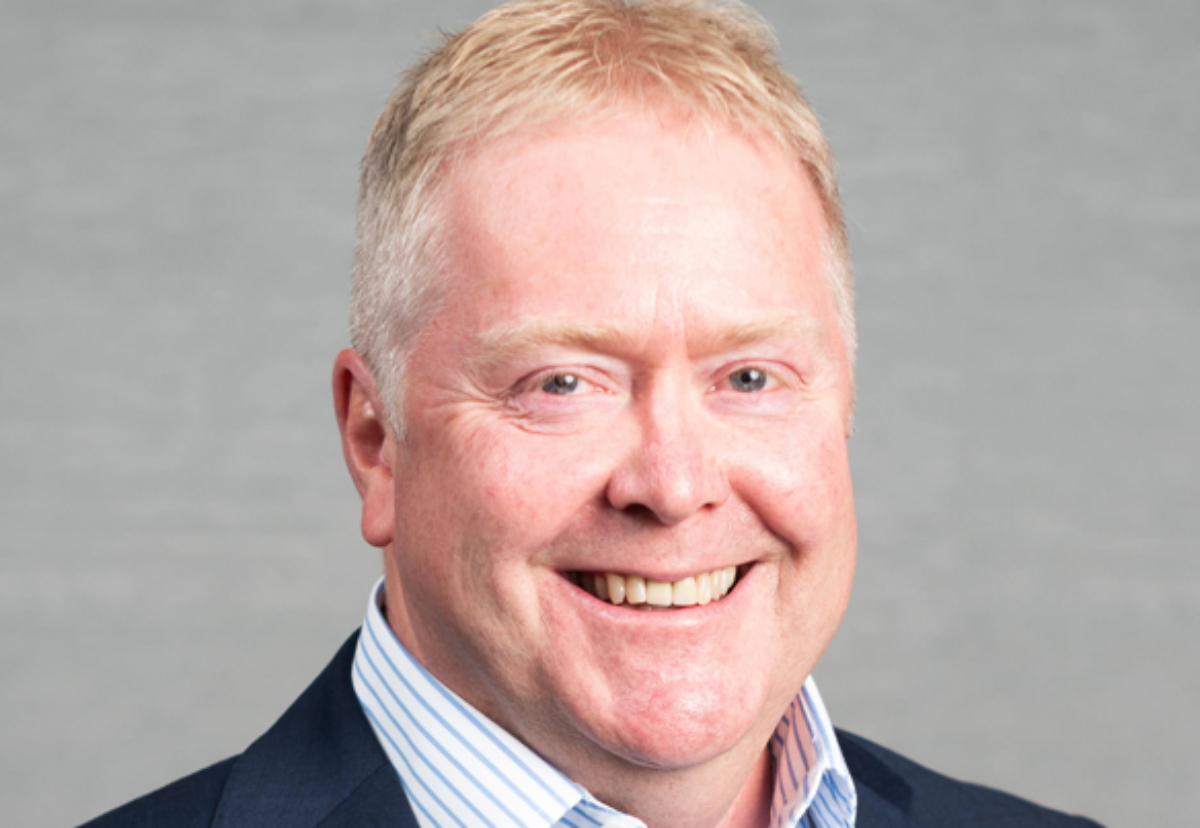Today the independent contracting group revealed a pre-exceptionals loss of £6.7m from its ongoing operations in the first half following the disposal of the house building arm.
Chief executive Bill Hocking said the date had slipped to 2022 for a return to 2% margins because the business was now concentrated on sustainable bottom-line growth.
He also revealed that Galliford Try staff in payroll and IT offices were now working from home to mitigate potential risks from coronavirus.
Hocking said: “We have invested in mobile and smart working, so it makes sense to disperse these key departments. It’s simply a pragmatic response to potential risks and is a bit like not allowing the board to fly on the same plane.”
Around 20 staff are now understood to be home working.
The first-half results announcement came as the Financial Reporting Council issued a report ticking off the firm for overstating revenue in 2018 relating to receipts from the Aberdeen Bypass, which the company has now corrected.
The building arm, which now accounts for around two-thirds of total revenue of £636m, saw operating profit halve to £2.4m.
Galliford Try’s infrastructure arm suffered a pre-exceptional loss of £1.4m on revenue down 27% to £208m.
The loss in margin included legal costs and final account settlements on the Aberdeen Bypass.
Hocking said: “This has been a period of significant change with the successful strategic disposal of the group’s house building divisions transforming Galliford Try into a well-capitalised, UK construction-focused business.”
Galliford Try maintained a stable £3.2bn order book at the end of the first half spread across 12% in the regulated sector, 71% in the public sector and 17% in the private sector.
Hocking said most of forecast revenue for this financial year had been secured, with nearly three quarters in place for next year.
He said: “The restructured group is performing well with a number of recent significant project wins.
“Galliford Try has continued to maintain a strong pipeline of work in its chosen sectors, with excellent positions on several key frameworks in the public and regulated sectors.
“We are encouraged by the demand in our sectors and look to further enhance this position through the continued disciplined approach to project selection and rigorous risk management.”


























































.gif)